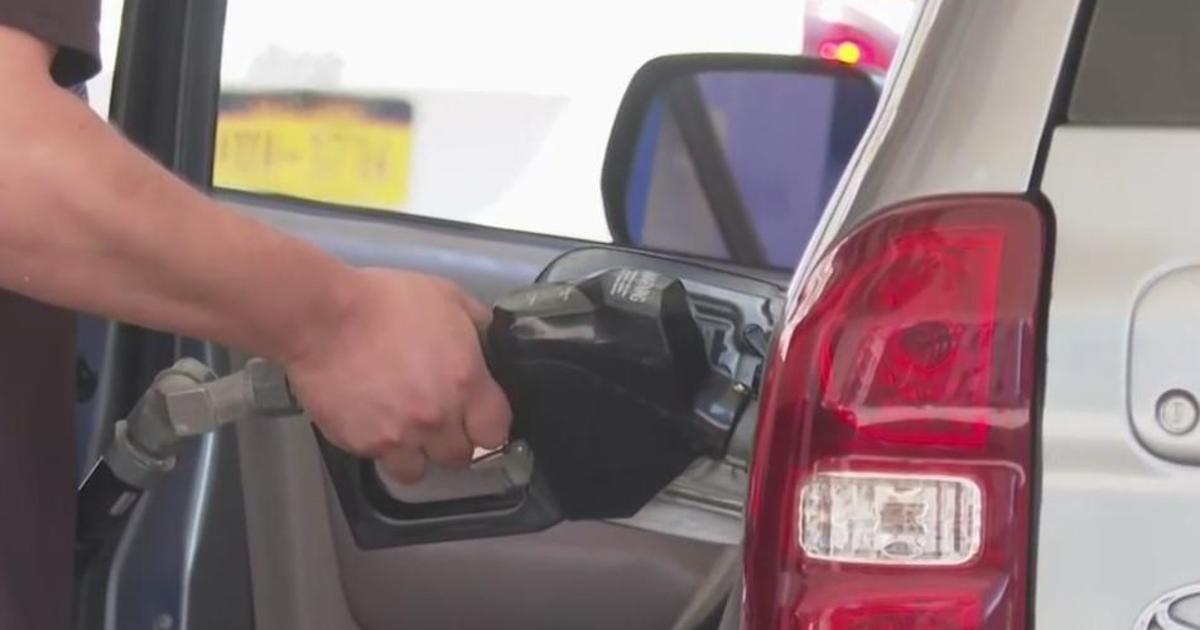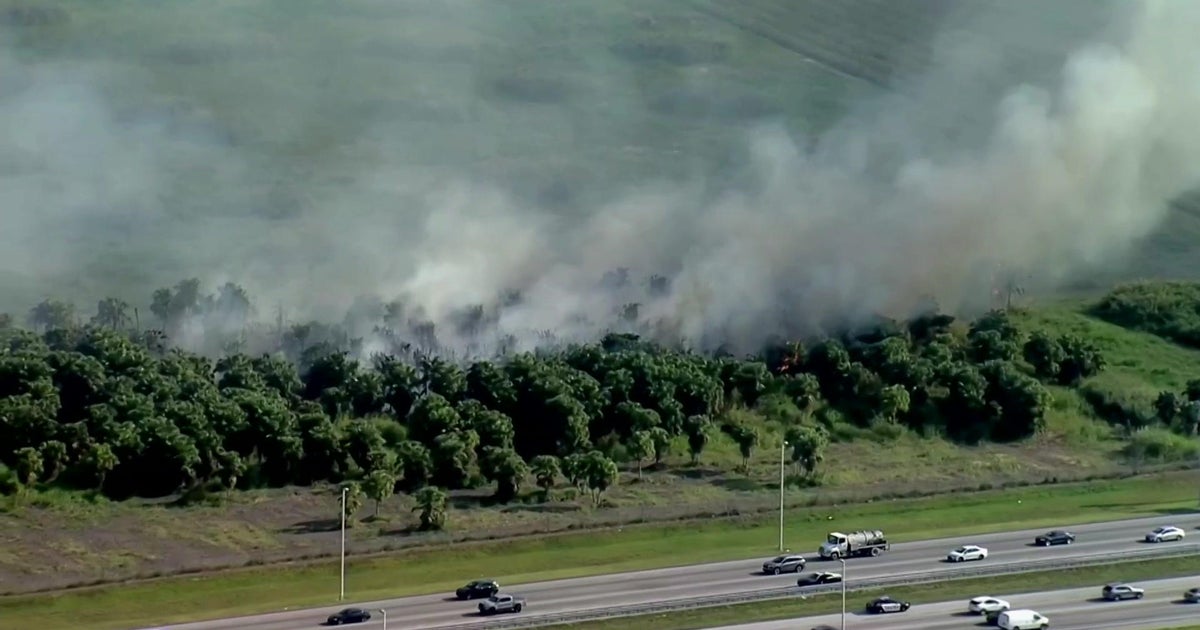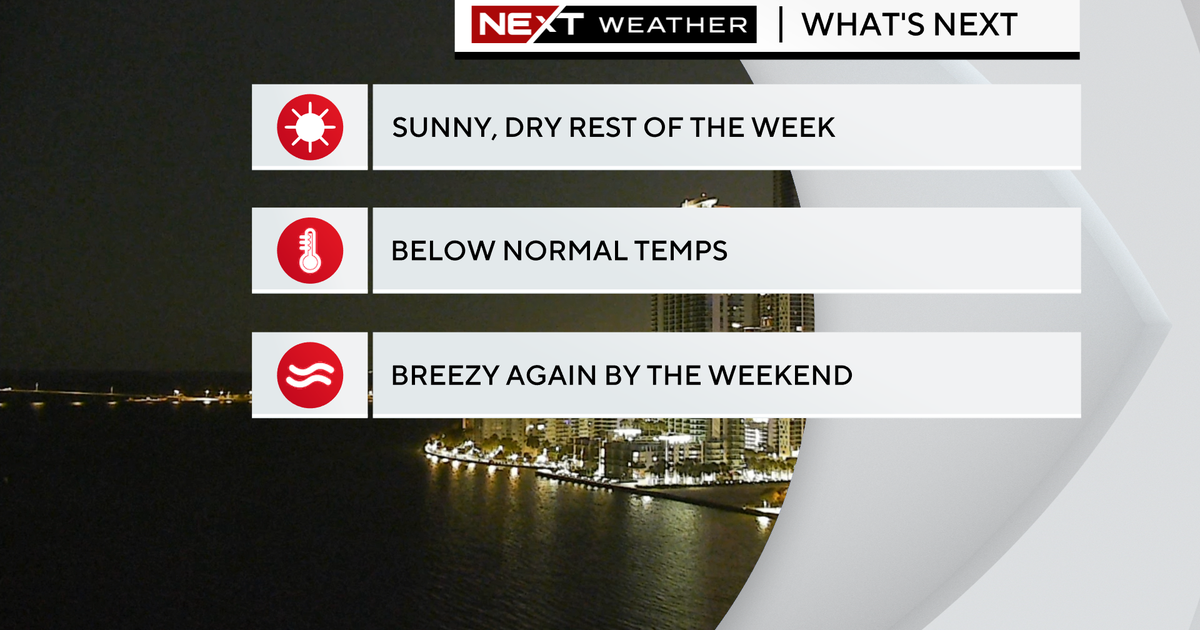Tensions In Libya May Mean Higher Gas Prices In S. Florida
MIAMI (CBS4)- South Floridians are feeling the fallout from the crisis in Libya. Wall Street investors returned from the holiday weekend to face the prospect of $100 a barrel oil, and that sent stock prices tumbling.
Miami's average price is $3.21, with an unofficial high of $3.49. Specifically, regular gas prices in Miami ranged from $3.09 a gallon in North Miami to $3.49 a gallon in West Miami on Tuesday, according to FloridaStateGasPrices.com.
The Web site shows that the price of gas was a little under $3.13 a gallon on Thursday and quickly spiked to $3.16 per gallon on Tuesday.
According to FloridaStateGasPrices.com, the Hess gas station on Oakland Park Boulevard in Fort Lauderdale showed figures at $3.09 Tuesday mid-afternoon while the Chevron on South Federal Highway saw gas prices at the $3.29 range.
Libya has Africa's biggest oil reserves and has steadily become one of the world's top oil producing nations, but several western operators have already pulled out of the country rather than face the escalating violence, and that's not unusual.
Consumers usually see that the price of crude oil spikes when petroleum rich countries are involved in or experience uncertainty. Some examples include uncertainty in Iraq and an oil workers' strike in Venezuela. The Venezuela strike was settled and production resumed, which further assisting the crude price drop.
As a result of the crisis, global oil prices are rising and that's hitting world markets hard.
Global prices are near 24-month high, with national gas prices up five cents since last week. Prices vary across Florida cities as they do nationally across regions.
Retail prices are determined by a number of factors including transportation costs, location, average volume pumped and competitive mix.
While the U.S. has the largest refining capacity in the world, Florida does not have a refinery, resulting in higher distribution costs, according to Attorney General of Florida Pam Bondi.
The cost of bringing fuel into Florida is higher due to the absence of both refineries and pipelines.
Gasoline is a classic supply and demand commodity. Higher usage normally translates into somewhat lower supply and higher demand ultimately leading to higher prices, according to Bondi.
Wholesale crudes' up near two year highs, with some prices over $107 a barrel.
Will Hedden, sales trader at IG Index, said the climb may have a global impact.
"We are going to continue to see a knock-on effect form and certainly if the price continues to rise and we see further problems this isn't going to have a good effect at all and it will have the potential to derail the global recovery," he said.
US oil industry analysts said Saudi Arabia has more than enough reserves to make up for Libya's production cuts. But OPEC has said over the past few days it still doesn't think global oil prices are as high as they should be.
US oil reserves remain at high levels so Libya's political problems may not effect South Florida oil prices in the long-run. But the recent spike in oil is already driving up production costs of everything from food to clothing and that's starting to hurt consumers at checkout counters in South Florida and across the country.



